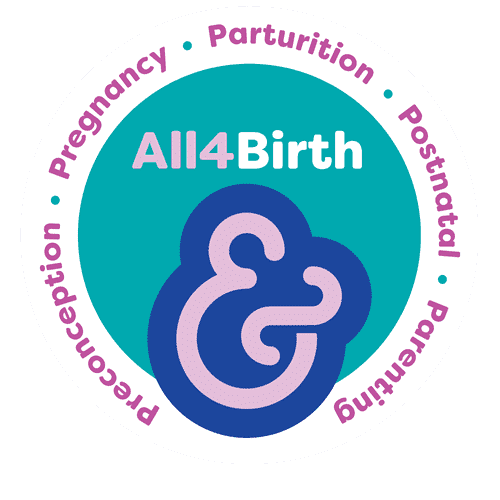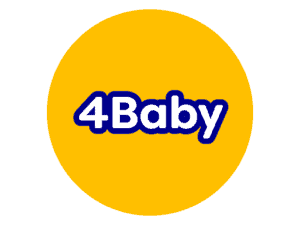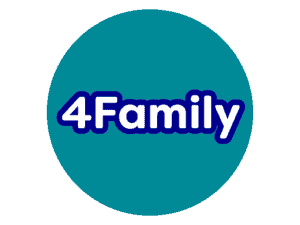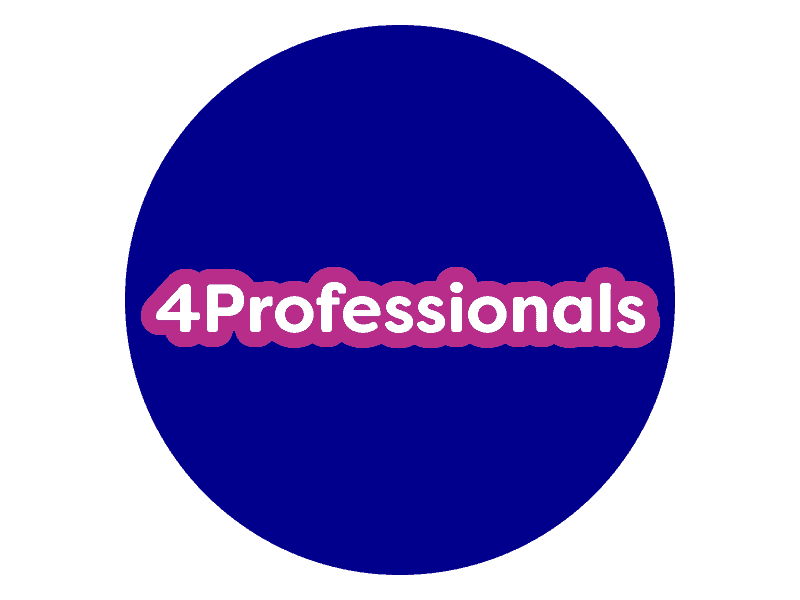I’m Helen, the founder of Essential Parenting. I’m a Parenting Consultant, Private Health Visitor, Children’s Intensive Care Nurse, gentle Sleep Coach and mum of 4 with 26 years of experience in helping families.
Summary
We all spend a lot of time preparing for the birth of our babies, we attend antenatal classes, figure out what our options are for pain relief, and learn about that golden hour. But what about after? I want to prepare you for the next stage – when you bring your baby home and the fourth trimester because this ride is wild!
Early Days, Your Village and Support
So, let’s talk about what you can expect.
My first truth bomb is that you are not going to enjoy every minute, and that’s okay!
Social media portrays parenthood as one blissed-out-so-in-love-with-my-child moment after another, but they don’t often show the roller coaster ride that caring for a newborn can be. Not enjoying every moment does not make you a bad parent, it makes you a normal one.
I always talk to my new families about getting your village around you, life is so different to what it was for our parents and grandparents. We may have never held a baby, we may live far from families, used to having control, routine, money and are less likely to be part of a close tight knit community. So sometimes that village can feel far away. My top tips before your baby arrives is to make a list of these groups of people you can add to your village.
- Find other parents – online, church groups, Baby Sensory etc.
- Professional support – NCT, Home start, Sure Start Community Centres.
- Feeding support – IBCLC, tongue ties practitioners
- Mental health support – PANDAS, Mind, counsellors – check out www.bacp.co.uk
- Sleep help – ME!
- Doulas and people who can help you after even if it’s just a dog walker and regular takeaway!
New parenthood is incredibly vulnerable. You will be going through massive physical and emotional changes and taking care of a newborn all at the same time so it’s perfectly reasonable that you may have some doubts and second guess yourself but and here is my second truth bomb – no one knows your baby like you do.
Lots of people will want to give you advice, most of the time it will be well intentioned. But that doesn’t mean you have to pay a jot of attention to it.
Babies bring out the experts and believe me when I say that EVERYONE has an opinion.
Remember that their advice is usually more about them than you, sometimes people (especially those of the older generation) may advise things that are outdated because they subconsciously may want you to do the same because the feel guilty.
Remember YOU are the expert.
The Fourth Trimester
So, the fourth trimester – I’m sure we have all heard about this. It’s the period from birth to about 12 weeks old and during this time babies are likely to cry more in this three-month period than any other time in their life.
Your brand-new baby will know no other reality than their mother, they will have been used to being tightly held, rocked, protected from light, noise and temperature variation. Surrounded by white noise, drip fed from the placenta and suddenly, after a long, and sometimes difficult process, they are thrust into the brightly lit, loud, cold and wide-open space of the crib.
It’s no wonder that they can find this scary, and it’s natural that they cry to express their fears. But however logical it might be, it doesn’t make this period any easier for new parents.
Anything you do to replicate that womb-like experience will help your baby to feel safe as fundamentally, the closer they feel to you, the happier they will be.
Baby’s First Checks
That first few weeks you may see a lot of health professionals. Your midwife will discharge you to the care of your Health Visitor at around day 10-14 and there will be lots of checks of your baby and you that will take place immediately after birth and in the coming weeks. These will include
- Weight
- Length
- Head circumference
- Muscle tome
- Skin for jaundice, rashes or birth marks
- Umbilical cord stump
- Fontanelles (soft spots on the head)
- Mouth – thrush, tongue tie, palate, cleft palate or lip
- Eyes – discharge
- Ears – hearing test before discharge
- Breathing and heart rate
- Heart rate – murmurs, lung sounds
- Abdomen – bowel issues, or excess fluid
- Hernias
- Genitals
- Hips
- Reflexes
Utilise their support – they are there for you.
Postnatal Depression
I think it’s only right to end this article with a little chat about postnatal depression, anxiety, intrusive thoughts and rage.
PND affects 15-20% of new birthing people and there is increasing information about the impacts on non-birthing partners too.
You may live busy, independent lives and can find the sudden change to around-the-clock care for a completely dependable infant hard. You may be recovering from a traumatic or difficult birth and feel like you simply don’t have the energy to care for a little one. The emotional changes in your body and hormones and the realisation of the enormous responsibility of having a baby, can cause you to feel overwhelmed and tearful at times.
If you find yourself –
– Feeling sad, low or tearful
– Feeling agitated or irritable towards your partner baby or other children
– Have a loss of interest in the word around you
– Lack energy and feel tired all the time
– Have trouble sleeping at night
– Have problems concentrating
– Loss of appetite or overeating
– Negative thoughts about being a parent
– Feelings of guilt, hopelessness and self-blame
– Feeling anxious that something may happen to your baby
– Not being able to bond with your baby
Do not struggle alone, talk to someone about it.
Conclusion
Remember you are not alone. I know it feels like it, it feels, in the depth of the night that nobody else could ever have lived through such extreme overwhelm and exhaustion but we are here to walk with you. ⠀
Links to other resources
 Books
Books
Brain Health from Birth: Nurturing Brain Development During Pregnancy and the First Year by Rebecca Fett
The First Forty Days: The Essential Art of Nourishing the New Mother by Heng Ou
The Fourth Trimester: A Postpartum Guide to Healing Your Body, Balancing Your Emotions, and Restoring Your Vitality by Kimberly Ann Johnson
The Fourth Trimester Companion: How to Take Care of Your Body, Mind, and Family as You Welcome Your New Baby by Cynthia Gabriel
Natural Health after Birth: The Complete Guide to Postpartum Wellness by Aviva Jill Romm
Nurture: A Modern Guide to Pregnancy, Birth, Early Motherhood—and Trusting Yourself and Your Body by Erica Chidi Cohen
The Postnatal Depletion Cure: A Complete Guide to Rebuilding Your Health and Reclaiming Your Energy for Mothers of Newborns, Toddlers, and Young Children by Dr. Oscar Serrallach
Breastfeeding and the Fourth Trimester: A supportive, expert guide to the first three months by Lucy Webber
 Podcasts and Apps
Podcasts and Apps
Baby Buddy app, created by the Best Beginnings Charity
Fourth Trimester Postpartum Stories
 Websites
Websites
If you would like to get in touch to discuss my private Health Visiting and sleep support packages then contact me on-
07966597736
or head over to my Instagram @essential_parenting for lots of support and a weekly Q&A.












